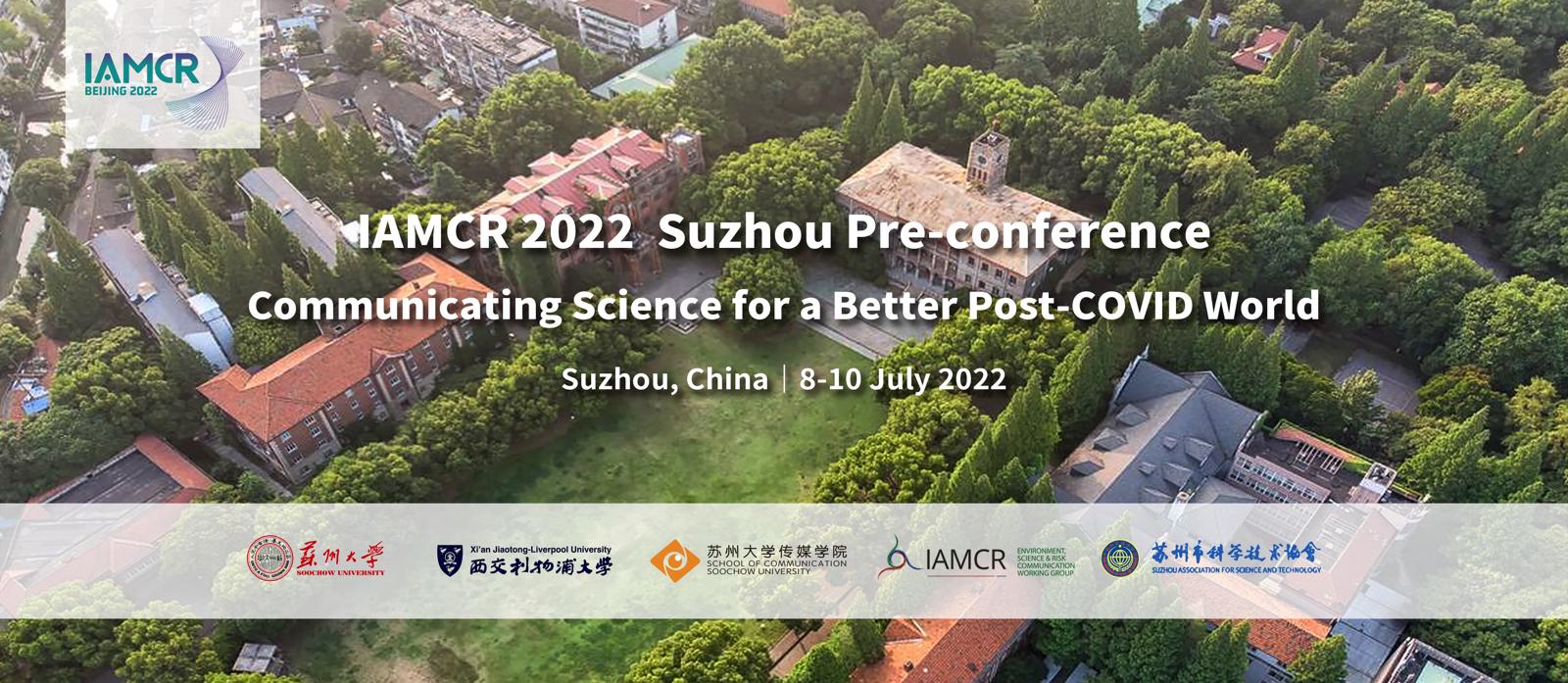At the initial stage of COVID-19 epidemic containment, the social system was temporarily in an unbalanced state due to information asymmetry and untimely material allocation. During a short period of time, people have accumulated a large amount of information and material needs. Non-Governmental Anti-Epidemic Organization came into being in order to save people themselves, it effectively connects the voluntary forces of the people through the Internet and interpersonal network. Based on the theory of Self-Organization, this paper investigates the construction process, mobilization mechanism and evolution logic of the "Quan Li Yi Fu" volunteer group in Quanzhou, Fujian Province by using the method of participatory observation and in-depth interview. It is found that individuals with different time and space backgrounds spontaneously formed Anti-Epidemic Organization based on local complex and consensus crisis, and completed the orderly transformation from cluster behavior to collective action in the process of evolution. At the beginning, volunteers created a shared document for people to obtain information and help each other with materials, and then a large amount of information poured into the document, which led to the disorderly fluctuation and amplification of the system. Volunteers use WeChat groups for efficient collaboration and demand docking, which forms the fluctuation that promotes the system balance. With the increase and subdivision of demand, the community has a tendency of continuous fission, and voluntary organizations finally form a linkage operation mechanism of "Mutual Assistance Document+WeChat Groups" to keep the balance and stability of the system. In the specific process of collaboration, Mutual Assistance Document play the role of information dissemination, linking the weak relationships outside the community circle. The WeChat Groups has played the role of risk communication and emotional mobilization. Volunteers give risk warning and public opinion warning to document information and offline volunteer work in the community. The decentralized operation mode in the community highlights the personal value of members, and the "super nodes" among volunteers enhance the sense of belonging in the community by arousing emotional resonance. Under the influence of positive externalities of common anti-epidemic goal, volunteers have further promoted the ordering of self-organization.

 京公网安备 11010802039275号
京公网安备 11010802039275号